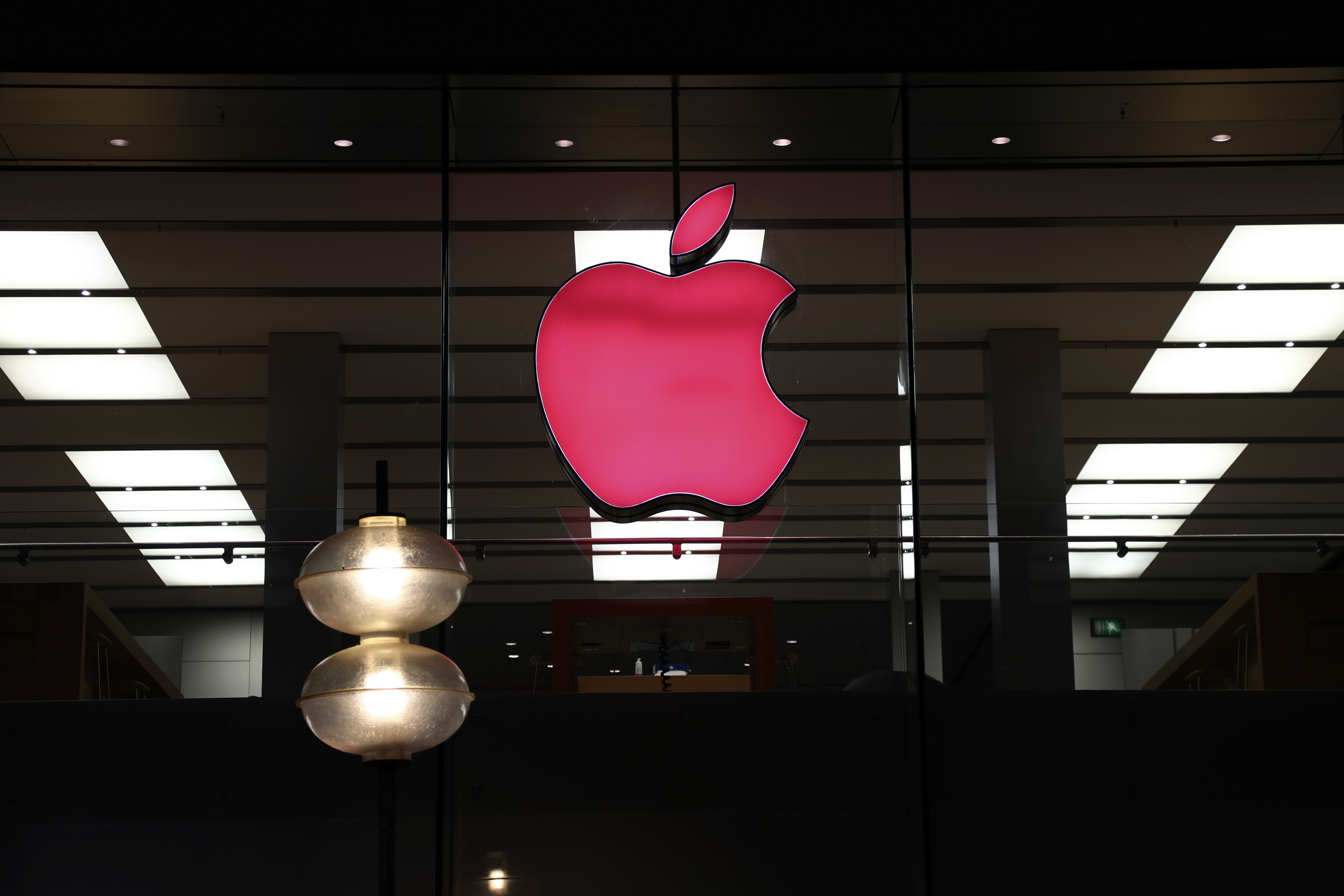BERLIN - Only black-and-white photographs remain of the last time the leaders of the Nationalist Party of China, the Kuomintang (KMT), and the Communist Party met. That was Generalissimo Chiang Kai-shek and Mao Tsetung in September 1945. Seventy years later, though, when the successors of the two - Xi Jinping from Beijing and Ma Ying-jeou from Taipei - met in Singapore this past Saturday, everything was in color and on film too. There is a deep sense of the history shared by the two parties and the cruel struggles between them that led one into exile in Taiwan and the other to power in Beijing. But President Xi does not pursue symbolism alone. Symbolism is always linked to forward-looking politics: just as on September 7 of this year when China celebrated the defeat of Imperial Japan seventy years ago for the first time ever with an army parade in Beijing; reminding friend and foe alike that the new China will not allow itself to be pushed around ever again. This meeting, though, seems to have been a miscalculation by Xi. The West should not expect more unity between China and Taiwan to result.
Reunification of the motherland has always been the goal of both the Communists and the KMT. The Communists tried to achieve it in vain through threats, deployment of missiles, diplomacy and, for the past 20 years, through close economic ties. The Nationalists face opposition to unification on the island itself since democratization has brought with it the Democratic Progressive Party (DPP), an opposition party that wants for Taiwan to be independent from the mainland. Thus, Xi's offer to talk directly with the president of Taiwan could be a bold step to reopen the book and make a new effort at reunification.
It could be a step - if it weren't for the fact that in two months' time, Taiwan will hold elections that pundits and pollsters alike predict to be won by Ms. Tsai, the opposition DPP candidate. This will terminate all dreams of unification for at least as many years as the DPP will be in power. Therefore, the seemingly courageous offer to meet in Singapore seems more like an ill-conceived idea that will damage both the Nationalists and the Communists. Taiwan is a full-fledged democracy today. The people are not easily cowed by the specter of strongman Xi shaking hands with their president in order to help his party at the election booths.
Xi must hope by proposing the meeting now that it can turn around the election in favor of the Nationalists. But he will not be able to dispel doubts within the Taiwanese population that his true goal is to turn Taiwan into another province of the People's Republic, governed by an authoritarian leadership in Beijing and without personal freedom, or at the least into another Hong Kong, where the introduction of more democratic elements has been categorically refused by Beijing. An election victory by the DPP now - after the Singapore handshake - will not only be a public relations disaster for the KMT and President Ma personally, it will also indicate that Xi might be unable to comprehend the workings of a democracy.
A more sophisticated and rational strategy for Xi could be that the two leaders confidentially agreed on a process of gradually advancing talks that may or may not lead to negotiations about unification at some later point, thus respecting the possible outcome of the elections in Taiwan in January. But, even such a signal of fairness will hardly move the Taiwanese electorate to vote for the KMT as the more reliable partner in dealing with the People's Republic. The Taiwanese people will likely feel encouraged to hold fast to their democratic system and their freedoms. For a time, Ms. Tsai would be somewhat compelled to pursue the talks as agreed to by her predecessor. At the same time, she can retain her position that Taiwan's de facto independence needs to remain intact - and she would have a popular mandate backing her. So, much like the meeting in 1945, the Singapore meeting might well presage another period of continuing conflict between the two sides of the Taiwan Strait, though fortunately without recourse to arms this time around. More likely than any major unification progress is another loss of face for Xi, who was unable to successfully manage the Hong Kong problem, and who has made little progress with the East China and the South China Seas problems. In the end, though Xi might have wanted the meeting to serve a policy agenda, from the vantage point of Europe or the United States, it was really more symbolic of what is not in order between the two sides of the Taiwan Strait than of a possible reconciliation between the enemies of seventy years ago.
(AP photo)












